No Insectinction
This post is greater than 6 months old - links may be broken or out of date. Proceed with caution!
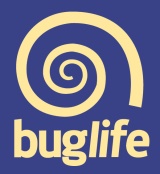
Insects are in decline scream the harsh headlines from countless reports and studies from across the world, some even predict 41% of insect species could be extinct by 2050 without urgent action now. Against this backdrop Buglife have launched the No Insectinction Campaign calling on global decision makers to reverse the declines through a series of measures. All of which we can also implement ourselves to a small degree to be part of the necessary global change.
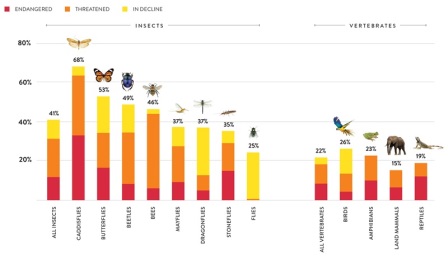
“If the invertebrates were to disappear, the world’s ecosystems would collapse” Sir David Attenborough.
Pollinators alone contribute one in every three mouthfuls we eat and sustain eight out of every ten British wildflowers; their value to UK farmers is estimated at over half a billion pounds. Our insects provide irreplaceable ecosystem services creating the balance of life as well as its buzz.
Buglife believe there should be sustainable populations of all insects. No Insectinction is Buglife’s response to the current crisis – a prescription for healing our planet, by restoring our depleted and devastated insect populations. We can stop and reverse the global declines in our insects, but only if everyone pulls together to do their bit.
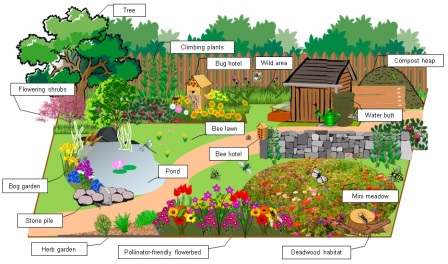
We all need room to thrive, but like other wildlife; insect populations have been pinned into tiny fragments of habitat where their needs are not being looked after. The first priority to achieve No Insectinction is to protect and expand the best areas, and restore sufficient additional habitat so that there is enough room for insects to thrive and move into. We need to repair connections through our damaged landscapes, ultimately restoring a vibrant land where insects are abundant, where they can fulfil their important ecological roles, and where they will continue to delight and inspire future generations.
Working with the leading experts, and other conservation charities Buglife has made good progress identifying the UK’s Important Invertebrate Areas that must be given protection from development and other land use changes. The Important Invertebrate Areas must be appropriately protected and time and effort invested into ensuring they are safe and well-managed. Similar collaboration has enabled Buglife to develop the UK wide B-lines network to provide greater connectivity for pollinators.
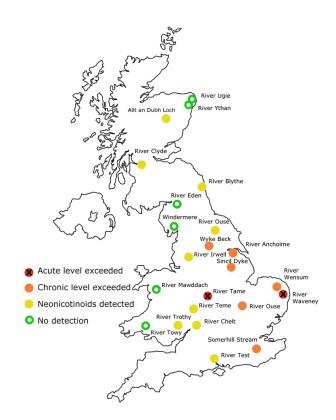
Having enough space is not enough to reverse the decline in insects if those spaces are poisoned by chemicals, pollution emitted by humans, or are being invaded by environmentally harmful species that we have irresponsibly introduced into their habitats. Freeing our land, air and waters from pollutants and invasive species that are driving widespread declines in biodiversity is the second priority of No Insectinction.
There is ample evidence that pesticides and herbicides are having a negative impact on insects poisoning the land and water upon which they live. There is also an irrefutable body of evidence on the detrimental effect light pollution plays on insects from glow-worm reproduction to moth survival. There are also known unknowns in terms of the electromagnetic radiation created by mobile phones, wireless internet and similar and how these may be affecting insects. We are at a crucial juncture for species survival and the precautionary principle must be applied to all new ‘advances’.
“We will conserve only what we love; we will love only what we understand” Baba Dioum 1968.
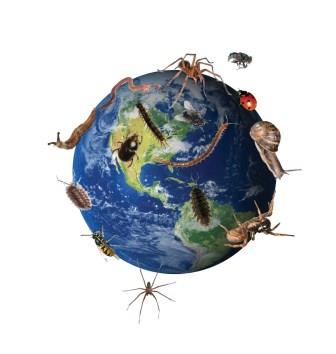
We need to act now to stop insectinction. However the scale and quantity of that action is still limited by our lack of understanding and awareness. Unless we understand the needs of insects we cannot act effectively. And if society’s attitudes are dominated by prejudice and ignorance, rather than enlightenment and knowledge, then we will fail to achieve a happy coexistence with nature.
Small steps can have a huge impact if they all fall at the same time. We can stop, and reverse the global declines in our insects, but only if everyone pulls together to do their bit. We are calling on Governments, businesses, landowners, and members of the public – everyone – to take action. Together, we can save the small things that run the planet.
To find out more and get involved in the campaign visit: https://www.buglife.org.uk/campaigns/no-insectinction/
More from Buglife